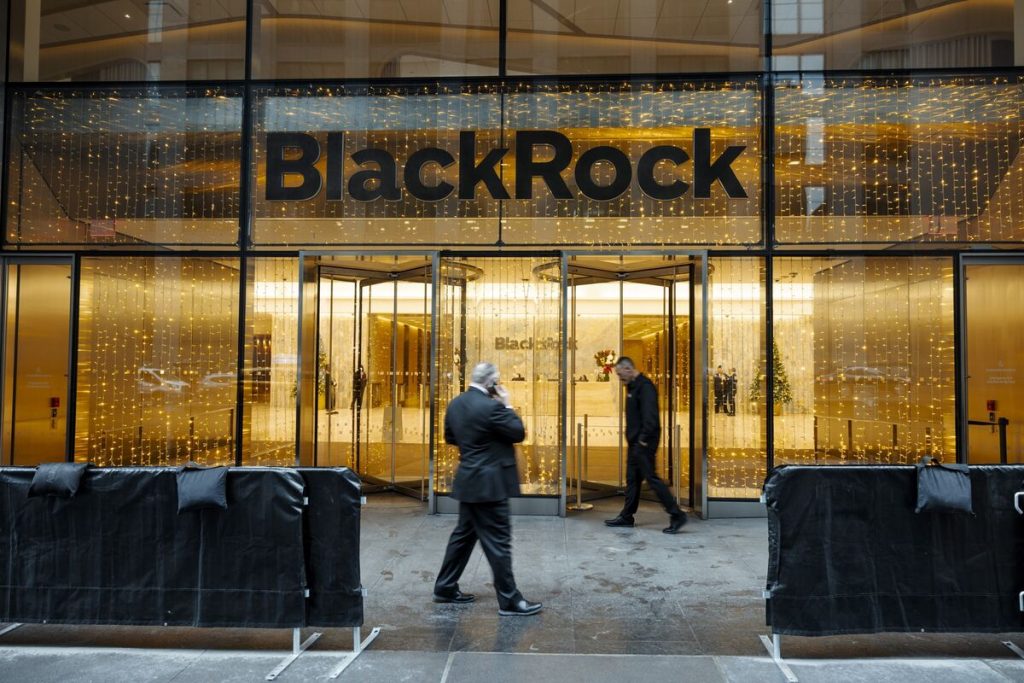The clash between traditional investment strategies and emerging environmental, social, and governance principles has come to the forefront with Mississippi’s cease-and-desist order against BlackRock, the world’s largest money manager. As Republicans in several states wage a battle against ESG practices, alleging fraudulent representation and ideological agendas, the controversy underscores the evolving landscape of responsible investing. This article explores the nuances of the BlackRock ESG dispute, delving into the motivations, implications, and broader implications for the financial industry and society at large.
Understanding ESG Investing: ESG investing represents a paradigm shift in the financial sector, encompassing considerations beyond traditional financial metrics to evaluate a company’s impact on the environment, society, and corporate governance. Advocates of ESG integration argue that by incorporating sustainability criteria into investment decisions, investors can promote positive social change, mitigate risks, and generate long-term value. Key ESG factors include environmental stewardship, social justice, diversity and inclusion, ethical business practices, and shareholder engagement.
The Mississippi Cease-and-Desist Order: Mississippi’s cease-and-desist order against BlackRock signals a contentious escalation in the ongoing debate over ESG investing. Secretary of State Michael Watson accuses BlackRock of disseminating fraudulent statements and misrepresentations regarding its ESG strategies, particularly in pressuring portfolio companies to adopt ESG principles. The order reflects broader skepticism among Republican-led states regarding the compatibility of ESG practices with fiduciary responsibilities and shareholder interests.
Critics’ Concerns and Allegations: Opponents of ESG investing, including Republican officials and industry stakeholders, raise several concerns and allegations against BlackRock and similar asset managers. They argue that ESG initiatives prioritize social and political agendas over shareholder returns, potentially limiting investment options and exacerbating market distortions. Moreover, critics contend that ESG criteria lack standardization and transparency, leading to inconsistencies in assessment methodologies and investment outcomes.
ESG as a Catalyst for Change: Despite the backlash against ESG investing, proponents view it as a catalyst for positive societal and environmental change. By allocating capital towards companies with strong ESG performance and sustainable business practices, investors can incentivize corporate responsibility, innovation, and long-term value creation. ESG integration also aligns with broader global sustainability goals, including the United Nations Sustainable Development Goals (SDGs), by addressing pressing issues such as climate change, social inequality, and corporate governance reform.
Navigating the Regulatory Landscape: The BlackRock ESG controversy underscores the need for clear regulatory frameworks and industry standards to govern responsible investing practices. As ESG considerations gain prominence in investment decision-making, regulators face the challenge of balancing investor protection with market efficiency and innovation. Robust oversight, disclosure requirements, and stakeholder engagement are essential to ensure the integrity and credibility of ESG investing and mitigate the risk of greenwashing or misleading claims.
The Future of ESG Investing: Despite the regulatory challenges and political opposition, the momentum behind ESG investing continues to grow globally. Institutional investors, asset managers, and corporations are increasingly recognizing the materiality of ESG factors and integrating sustainability considerations into their business strategies. As stakeholders demand greater transparency, accountability, and impact measurement, the evolution of ESG investing will shape the future of finance and redefine the role of capital markets in addressing pressing societal and environmental challenges.
The BlackRock ESG controversy epitomizes the complex intersection of finance, ethics, and social responsibility in today’s interconnected world. As stakeholders grapple with diverging perspectives and conflicting interests, the debate over ESG investing underscores the fundamental question of whether profit maximization and societal impact can coexist within the realm of capitalism. Moving forward, fostering dialogue, collaboration, and evidence-based policymaking will be essential to reconcile differences, harness the potential of ESG investing, and drive meaningful progress towards a more sustainable and equitable future.
